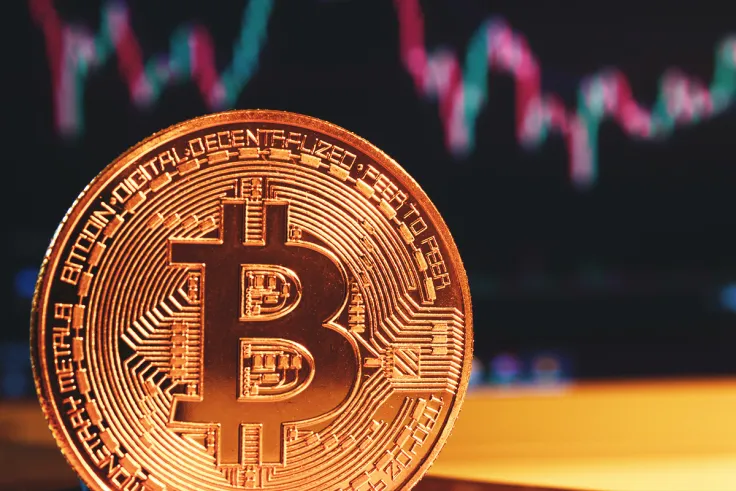
Bloomberg ETF analyst Athanasios Psarofagis pointed out on his Twitter account the estimated annualized roll cost of the newly unveiled futures-backed Bitcoin ETF, which is estimated at 11%.
Where 11% comes from
The roll cost of the futures-backed Bitcoin ETF will always be relatively higher than the roll cost of any physically-backed crypto ETF. Due to the foundation of the exchange-traded fund itself, ProShares has to close this month's futures and buy the next month's contracts, which usually cost more due to the "contango."
October CME Bitcoin futures expiration today. Looks like $BITO finished rolling the last of it yesterday. If my math is right, estimated annualized roll cost is about 11% pic.twitter.com/2IZwz3Ifyo
— Athanasios Psarofagis (@tpsarofagis) October 29, 2021
Futures that trade closer to the expiration date usually cost less than later-dated ones. Due to this effect, almost any futures-backed ETF buys futures high and sells them low compared to the spot asset.
The annual roll cost is calculated by comparing the difference between the daily close of different futures contracts. In the case of the BITO ETF, Bloomberg ETF analysts compared November and December Bitcoin futures contracts.
The problem with the futures-backed ETF
In addition to the aforementioned contango issue, Bitcoin ETFs that are based on Bitcoin derivatives rather than the actual asset can cause issues for investors who are looking to expose themselves to the crypto market via futures directly. But sometimes future contracts exceed the underlying asset's price, which puts some investors into loss almost as soon as they enter the market.
There is only one solution for problems that come with futures-backed ETFs, which is the approval of a physically-backed Bitcoin ETF that will track the spot asset rather than its subproducts.
Unfortunately, the SEC has not yet given any signs of potential approval of physically-backed Bitcoin ETFs. Various experts point out that the main problem with those is the unregulated nature of the cryptocurrency market.

 Vladislav Sopov
Vladislav Sopov Dan Burgin
Dan Burgin